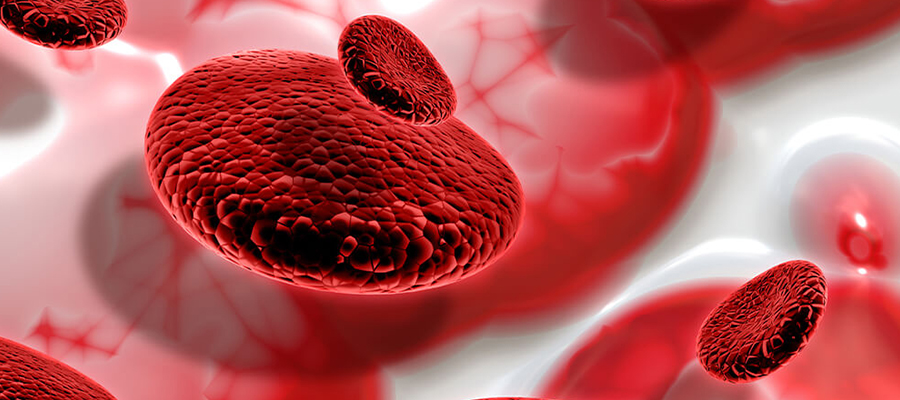
Estimated reading time: 2 minutes and 44 seconds
Anemia
Comprehensive Anemia Care at Aktif International Hospitals
Anemia is a common blood disorder characterized by a deficiency of red blood cells or hemoglobin, leading to reduced oxygen transport to tissues and organs. At Aktif International Hospitals, we understand the impact of anemia on your health and well-being. Our team of hematologists and healthcare professionals is dedicated to providing comprehensive anemia care to identify underlying causes, manage symptoms, and improve your overall quality of life.
Frequently Asked Questions
What is anemia, and what are the common symptoms?
Anemia is a condition characterized by a low red blood cell count or insufficient hemoglobin levels in the blood. Common symptoms of anemia include fatigue, weakness, shortness of breath, dizziness, pale skin, and cold hands and feet. The severity of symptoms may vary depending on the underlying cause and the degree of anemia.
What are the different types of anemia?
There are several types of anemia, each with its own underlying cause and characteristics. These include iron deficiency anemia, vitamin deficiency anemia (such as B12 deficiency or folate deficiency), hemolytic anemia, aplastic anemia, and sickle cell anemia, among others. Proper diagnosis and classification are essential for determining the most appropriate treatment approach.
How is anemia diagnosed?
Anemia is typically diagnosed through a combination of medical history, physical examination, and laboratory tests. Common blood tests used to diagnose anemia include complete blood count (CBC), reticulocyte count, peripheral blood smear, and serum ferritin levels. Additional tests may be performed to determine the underlying cause of anemia, such as iron studies, vitamin B12 levels, or hemoglobin electrophoresis.
What treatment options are available for anemia?
Treatment for anemia depends on the underlying cause and severity of the condition. Common treatment options may include iron supplementation, vitamin supplements (such as B12 or folate), erythropoietin-stimulating agents (ESAs), blood transfusions, and management of underlying medical conditions contributing to anemia.
Can anemia be prevented?
Preventing anemia involves maintaining a healthy diet rich in iron, vitamins, and minerals, as well as managing underlying medical conditions that may increase the risk of anemia. Regular medical check-ups, screening tests, and early intervention for conditions such as iron deficiency or vitamin deficiencies can help prevent anemia or detect it at an early stage when treatment is most effective.
What complications can occur if anemia is left untreated?
Untreated anemia can lead to various complications, including fatigue, weakness, impaired cognitive function, decreased exercise tolerance, and cardiovascular problems. Severe or chronic anemia may also increase the risk of complications such as heart failure, arrhythmias, or organ damage due to insufficient oxygen delivery to tissues and organs.
Trust Aktif International Hospitals for Expert Anemia Care
At Aktif International Hospitals, we’re committed to providing expert anemia care to improve your quality of life and overall well-being. Our team of hematologists and healthcare professionals offers comprehensive diagnostic evaluations, personalized treatment plans, and ongoing support to help you manage anemia effectively. Schedule a consultation with us today and take the first step toward better health with Aktif International Hospitals.
Author: İlknur Turan


 TR
TR FR
FR ES
ES RU
RU RO
RO